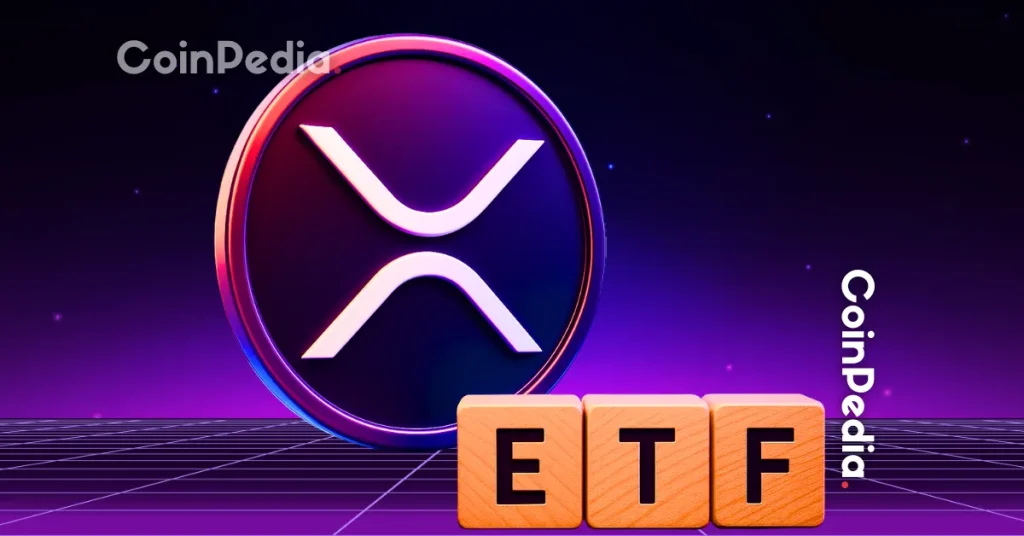At Devcon, Ethereum announced that it is entering a new era of privacy. Its co-founder, Vitalik Buterin, unveiled Kohaku, a privacy-focused toolkit that aims to give users greater protection and control of their onchain behavior as well.
The launch also marks Ethereum’s largest shift yet, as the network begins treating privacy as a central design feature, rather than an optional bonus. Buterin said Ethereum is now in the “very last mile stage” of the privacy evolution. He conceded that the system still divulges too much personal data and that developers need to devote additional efforts to ensure everyday users can obtain their privacy protections.
His message was loud and clear, demonstrating that privacy must be the default standard for Ethereum’s future. Kohaku is open-source, enabling developers to construct privacy-preserving wallets using a modular design. This means that a wallet can add or remove privacy tools based on user requirements without relying on centralized servers.
The toolkit comprises a lightweight client architecture, a wallet reference design, and a series of privacy protocols that work synergistically to obfuscate the user’s data and validate the security of transactions.
In a live demonstration, a Railgun-integrated Kohaku wallet successfully protected public money, demonstrating that default opt-in privacy can be utilized for popular wallets like MetaMask and Rainbow. Buterin described privacy as a kind of freedom — the ability to act without fear of being monitored by governments, companies, and even social groups.
Ethereum steps up privacy engineering
The Ethereum Foundation has significantly expanded its privacy work to support the Kohaku project. It recently launched the Privacy Cluster, a 47-member team of cryptographers, researchers, engineers, and designers.
Their mission is to make privacy a “first-class property” of Ethereum, integrated from the ground up rather than added later. The team is developing tools for private reads and writes, metadata protection, and confidential transactions.
Such systems would include the ability to interact with Ethereum, preserving all sensitive personal information (like IP addresses, account balances, transaction histories, etc.). Kohaku’s architecture supports this vision.
An integrated light client enables the wallet to validate blockchain data directly from a browser view, without relying on centralized RPC nodes — one of the key problems in terms of privacy leakage today.
Kohaku’s roadmap also incorporates peer-to-peer broadcasting to mask user metadata and initial groundwork for a privacy-first browser environment. Another important aspect is account recovery using zero-knowledge proofs.
Rather than relying on email, phone numbers, or identity documents, people could recover their accounts independently with cryptographic proof, such as ZK-Email or ZK-passport. It enables recovery without revealing personal information.
The project is even looking toward the future with post-quantum cryptography. Today’s cryptographic signatures could become vulnerable as quantum computing advances. Kohaku would like to provide support for new post-quantum signature schemes, ensuring your account remains protected for the long term.
Ethereum expands its privacy vision
Ethereum is also expanding its longer-term privacy plan. The Privacy & Scaling Explorations team has adapted its name to the Privacy Stewards of Ethereum — a sign that it is moving from experimental research to solving real-world issues faced by many users.
The group is primarily working on features that can be implemented to enhance privacy across the network. These are designed for secure and private voting systems for DAOs, confidential transactions on DeFi platforms, and enhanced identity verification, allowing users to reveal only what they want. The team is also creating stronger compliance tools to protect users’ privacy and prevent malicious use. Privacy Pools is the foundation of the Kohaku framework.
This protocol enables users to conceal their financial transactions while demonstrating that their actions are not indicative of criminal intent. It uses “association lists” that reduce threats to the extent that attackers cannot disguise themselves among legitimate users — a radical departure from previous systems that did not protect against such threats.
Don’t just read crypto news. Understand it. Subscribe to our newsletter. It's free.















 English (US)
English (US)